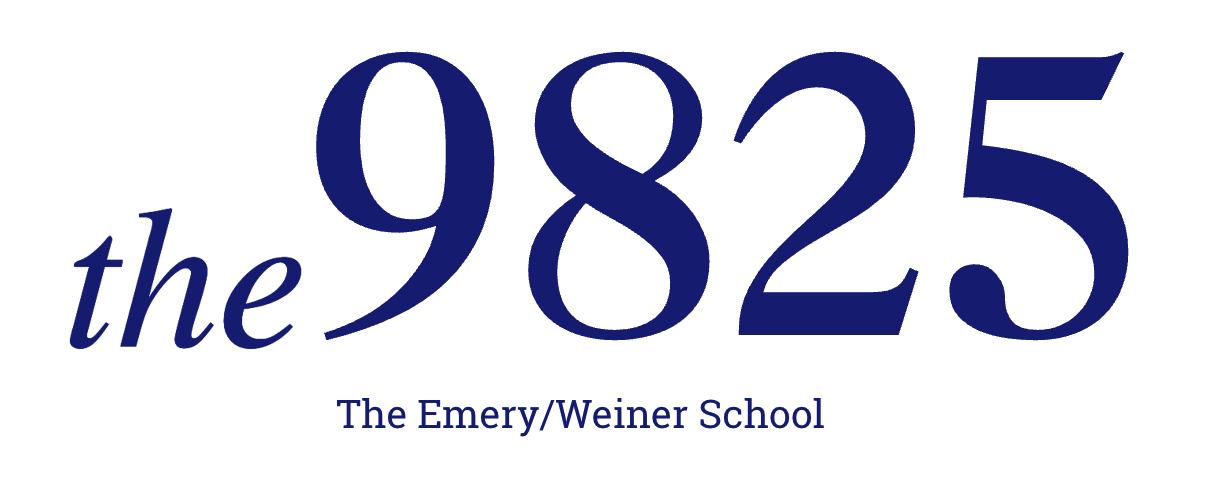Israel Announces National Government Amidst Coronavirus
April 27, 2020
Israel ended its nearly year long presidential deadlock on April 20 by announcing plans for a national government, comprised of Prime Minister Benjamin Netanyahu and Benny Gantz’s Blue and White Party. According to the agreement, Netanyahu retains his position until October 2021, when Gantz will take over. Should Netanyahu be unable to complete his 18 month term, Gantz will take over sooner. The Blue and White Party will hold key positions in the government during this period as well. The decision has received pushback from anti-Netanyahu groups, who point to his recent criminal indictment.
The decision came as somewhat of a shock to the Blue and White Party, who have repeatedly refused to form a coalition government as far back as September 2019. Three snap elections later, and with no clear majority, it seems circumstances have changed.
“We have prevented a fourth election,” Gantz announced on Twitter. The Coronavirus crisis was another factor in this decision. Gantz later added on Twitter that he made the decision to “fight the Coronavirus” and “take care of all citizens of Israel.”
This might be a tough task for the new government, however. Both Netanyahu and Gantz previously had trouble securing Arab support in the Knesset, and one of the major stipulations of the new government is the rolling out of President Trump’s Middle Eastern peace plan, which involves the Israeli annexation of some settlements in the West Bank. According to CNN, the logistics are undecided, but the process will comply with “international dialogue in the matter.” Leaders of the Palestinian Liberation Organization (PLO) have threatened that this plan will seriously impede any hopes of a peaceful resolution.
Gantz was against President Trump’s plan when it was initially rolled out, while Netanyahu was in favor. Although he has publicly endorsed the process, Gantz has been wary of this new plan, according to CNN. Sources within the Blue and White Party suggest that they wish to continue exploring avenues for a peaceful resolution.
The only remaining hurdle for the new Israeli government is a mandate from President Reuven Rivlin. Should anti-Netanyahu petitioners raise enough support, they could take the issue to the Israeli High Courts, delaying and possibly preventing the National Government, paving the way for a fourth election and a continued state of electoral limbo for Israel.

